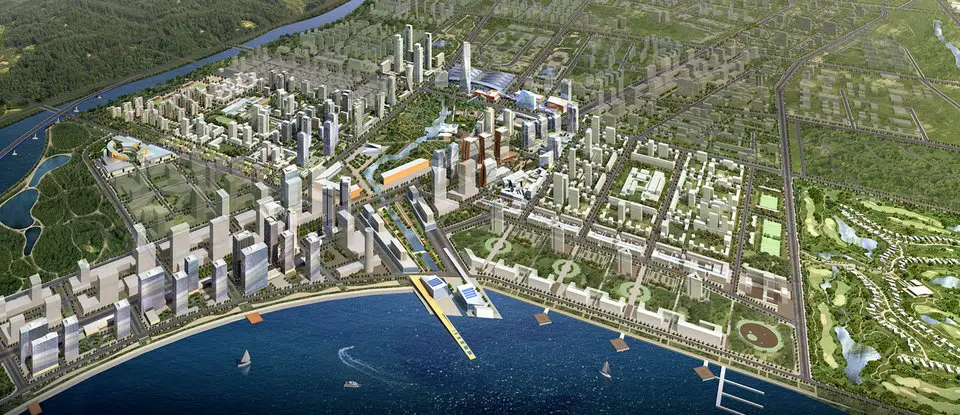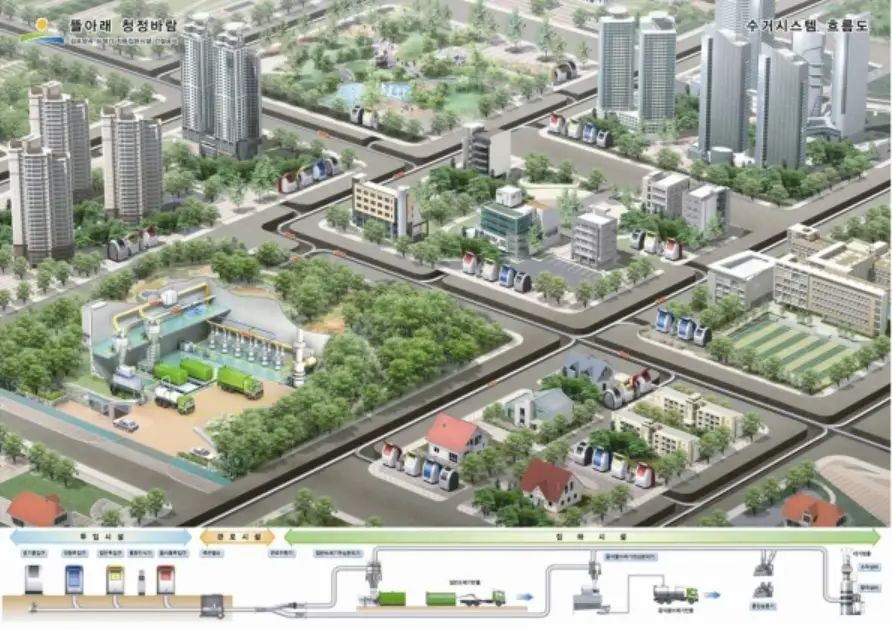How South Korea Is Creating A $40 Billion City Designed To Eliminate The Need For Cars
Tags: opinion

Most of us would agree, it is a pain to take cars out on the road. There is traffic, that bane of existence for the common man. On top of that, it seems that petrol/diesel prices are not coming down anytime soon.
And to be very candid, no solution seems to be on the horizon either. After all, there aren’t enough methods of public transport for everywhere you want to go.
But South Korea seems to think otherwise. In a recent incident, the government has proposed to build an entire city that is built on the concept of no cars.
Presenting South Korea’s very own International Business District (IBD), in Songdo. The residents, after the city is completed and settled, will be able to make a choice: drive or take public transport.
The project would cost about $35bn and would be about the size of downtown Boston.
The project was conceived with the aim of reducing road traffic and encouraging mass transports like buses and subways, while also giving lee-ways to things like bikes.
The project is not new, if we get into its creation history, either. It was started way back in 2002, but is scheduled to be completed next year. Gale International, a development company headed by Stan Gale is in charge of the works.
The city measures about 60m sq. feet and by next year it is supposed to double in size.
Gale thinks it should be a model for the rest of the cities of the world.
But it is not just all about the pros.
There are cons too: the city currently has only 70k residents, which is far smaller than the 300k which the city had been envisioned for.

Colin Marshall, a Korea-based writer, spoke to the LA Times and said that South Koreans want to create a city with an image of being clean and futuristic and with no visible poverty.
Now let’s look at some more perks:
Songdo’s greenhouse emissions would be 33% less compared to a city its size. About a 100 of its buildings are LEED-certified, LEED being the world’s most commonly used eco-friendliness rating system.
The city is also set to recycle 40% of its water, and will have no garbage trucks. Instead, pneumatic tubes leading from under garbage chutes will suck it all out and transport it to a sorting facility. There, it is decided if it will be converted into energy or recycled.
About 40% of the city is green space where residents are encouraged to walk and run and exercise (double the ratio for NYC). Also, 15 miles worth of bicycle lanes will connect the city to the ninety-mile network in Songdo.
The entire project will be part of Incheon Free Economic Zone (IFEZ) in Songdo.
So, do the perks outweigh the cons?
What do you think?
IMAGES CREDIT: Consenti Associates
Leave Comment: